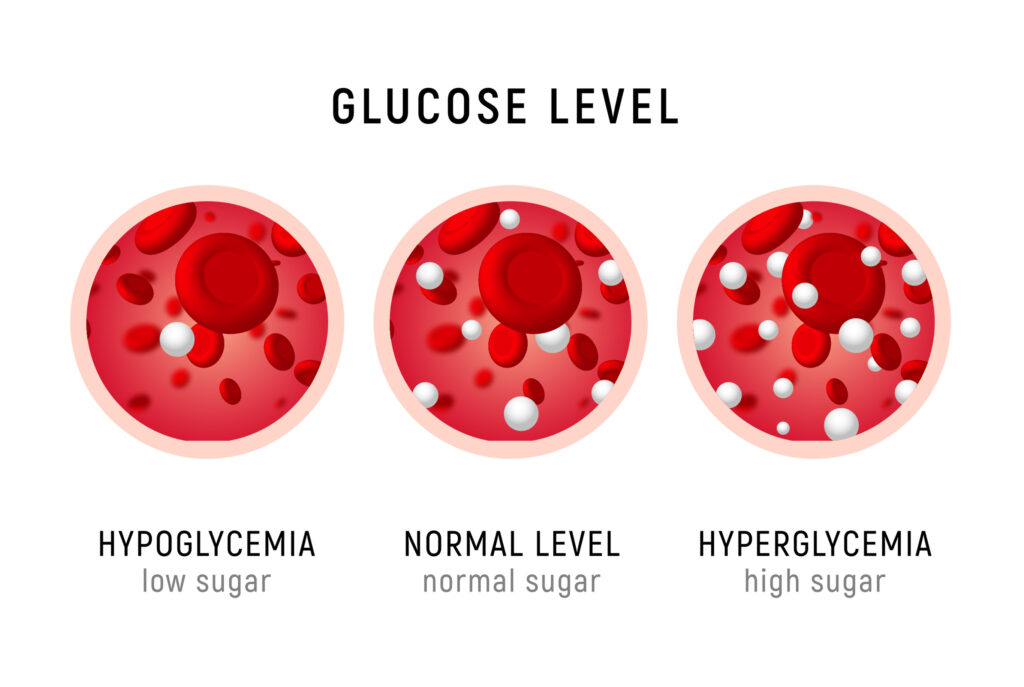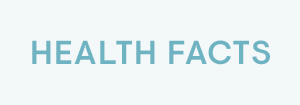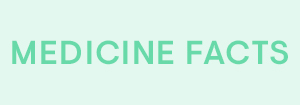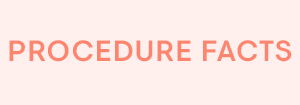
Overview
Hypoglycemia is a health condition that is caused by a reduction of the level of blood sugar (Von Hippel-Lindau disease (VHL):). Glucose is a monosaccharide (monomer) that is the primary source of energy for the body. Out of 100 people with the hypoglycemic condition, 80- 85% are people treating diabetes. This is because of their dieting, medicine, or exercise as means of treating diabetes. The rest of the population without diabetes usually has hypoglycemia due to several other factors, such as medication, abusive alcohol consumption, starvation, and insulin overproduction, among others.
The word Hypoglycemia originated from the Latinized Greek word “Hypo-glykys-haima.” These are individual words that mean, Hypo (under), glykys (sweet), and haima (blood). Which was then restructured to be Hypo+glyc+emia where “Hypo” means under, “glyc” was derived from glucose, then “emia” denotes something of blood origin.
Types of Hypoglycemia
There are two types of Hypoglycemia dependent on the presence or absence of diabetic disease.
- Diabetic Hypoglycemia:
This is a type of hypoglycemia that occurs in diabetic patients. It appears in the process of managing or treating diabetes. The possible causes include diabetes drugs like sulfonylureas (like Glucotrol, Diabeta, Amaryl, etc.), also dieting methods such as eating late and taking alcohol without consuming any food.
- Nondiabetic Hypoglycemia:
A type of hypoglycemia that occurs in nondiabetic patients. Nondiabetic hypoglycemia is further divided into two types:
- Reactive Hypoglycemia:
This is a type of nondiabetic hypoglycemia that occurs a few hours after a meal is consumed.
The possible causes include: defects of rare enzymes, prediabetic condition, and concluded stomach surgery, among others.
- Fasting Hypoglycemia:
This is also a type of nondiabetic hypoglycemia that has its cause by a medication or a disease. These include diseases of the kidney, pancreas, liver, and heart, reduction of some hormone levels, and the presence of tumors can also contribute.
Key Facts
- Hypoglycemia simply means a low level of sugar in your blood.
- Hypoglycemia can happen to anyone, whether diabetic or not diabetic.
- Depending on the type, several causes can lead to it.
- Many people experience hypoglycemia when their blood sugar level is 70milligrams per delimiter (mg/dL) or below.
- Symptoms include sweating, hunger due to starvation, pale skin, non-consistent heartbeat, shakiness, confused state, blurry vision, passing out, seizures, etc.
- Very low blood sugars can be treated with medications such as Baqsimi, Dasiglucagon, and Gvoke, among others.
Symptoms
The symptoms of hypoglycemia depend on the level of sugar in your blood. It ranges from mild symptoms to severe or worst symptoms.
For mild cases, we have:
- Hunger: When there is no trace of food in the stomach which ends up being a source of sugar, the patient experiences hunger, which results in hypoglycemia.
- Sweating: This is a consequence of active metabolism; when the sugar in the body is being used up, we sweat to excrete the waste products in the body.
- Light or pale skin
- Sleepiness or Dizziness
- Palpitations: We do have irregular heartbeats as an early sign of hypoglycemia.
When we do not treat hypoglycemia, it worsens to these symptoms:
- Blurred vision: The eye vision becomes blurry as a result of untreated hypoglycemia
- Seizures: Seizures are a defect of the nervous system connected to the brain. When the brain cells do not have enough energy sources, the mitochondria do not produce energy to power the brain; hence brain fatigue results in seizures.
- Passing out: Fainting is common in extreme cases of hypoglycemia.
Diagnosis
Diagnosis for nondiabetic hypoglycemia starts with a blood sugar level test; this will give the doctor insights into the degree of the condition of hypoglycemia. A series of questions followed this asked the patient. Questions like if the patient had any stomach surgery and disease histories.
The doctor will also examine whether the patient feels better when consuming sugar-containing food.
Then when hypoglycemia is suspected, the patient is fasted to enable symptoms to surface. During the fast, the patient is tested for blood sugar levels at different intervals.
For reactive non-diabetic hypoglycemia, the doctor will allow you to eat sugar-containing food, then after a few hours, test for your blood sugar level. This test is called Mixed Meal Tolerance Test (MMTT).
Causes
Depending on the type of hypoglycemia, the following factors will lead to a hypoglycemic condition.
For diabetic hypoglycemia:
- Drugs and Medications: The use of drugs to control or manage diabetes disease drops a patient’s blood sugar level.
- Exercise: On the verge of burning out excessive sugar to control diabetes, a patient’s blood sugar level could drop below average concentration leading to hypoglycemia.
For non-diabetic hypoglycemia: In reactive hypoglycemia, we have:
- Prediabetes: A condition that signifies the early stages of diabetes. Too much insulin in the blood consumes the available glucose leading to hypoglycemia.
- Rare enzyme defects
- Stomach surgery
In fasting hypoglycemia, the following results in hypoglycemia:
- Abusive alcohol consumption: As excessive drinking of alcohol stresses out the liver, the liver cells consume a lot of glucose to break down or detoxify the high concentration of alcohol in the blood.
- Tumors: This is simply the abnormal growth of cells. Cancerous cells grow abnormally, consuming high levels of resources such as sugars.
Prevention
For diabetic patients: To maintain a consistent blood sugar level, the patient has to do the following:
- Eat at least three times a day evenly separated in-between meal snacks.
- Moderate the intake of alcohol.
- Continually monitor your blood sugar level.
- Reduce your exercise time by at least 30 minutes to 1hr as you watch your blood sugar level.
For nondiabetic patients:
- Eating other varieties of foods such as proteins, fatty, and higher fiber-containing foods.
- Avoid eating high sugar-containing foods.
Typical Treatment
For diabetic patients:
- Once the blood sugar level is below 70milligrams per delimiter (mg/dL), patients can consume about 15g to 20g of sugar by drinking juices or taking glucose tablets.
- Calling 911 if, after consuming sugar drinks or tablets, it persists.
For nondiabetic patients:
- Tumour surgery to remove the tumor causing hypoglycemia.
- Consumption of sugar drinks or glucose tablets.
- Taking medications such as Gvoke, Baqsimi, and Dasiglucagon for quickly raising blood sugars in extreme cases of hypoglycemia.
- Conclusion
Hypoglycemia is, a health condition that occurs if patients are not careful about their blood sugar levels. Because with constant monitoring of blood sugar levels, hypoglycemia can be managed through medications such as Gvoke for quick sugar levels. If a patient has diabetes, the patient must wear diabetic bangles in case of an emergency so that people around will know what is happening to the patient at that time. The patient can take evenly spaced three-square meals with snacks to regulate the sugar level.
MOST COMMON






